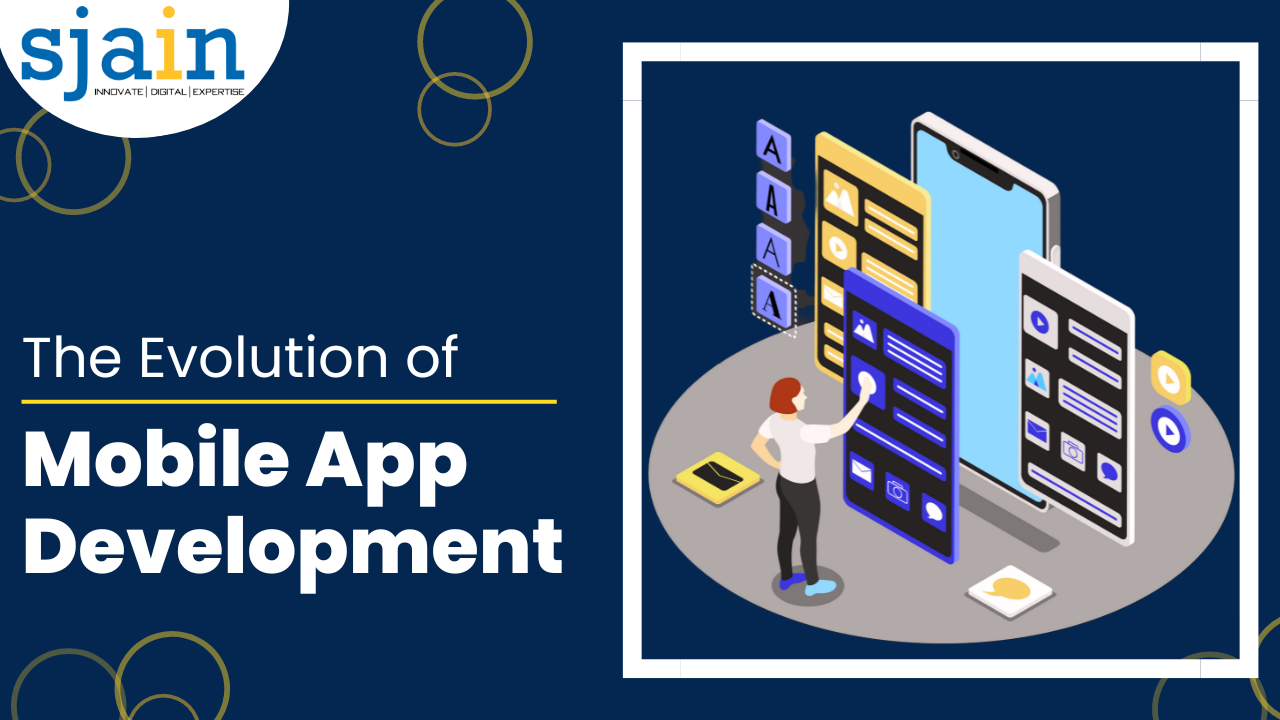The Evolution of Mobile App Development
Mobile app development has come a long way since the advent of smartphones. From simple applications that provided basic functionalities to complex and sophisticated apps that cater to various needs, the evolution of mobile app development has been remarkable. This article delves into the journey of mobile app development, highlighting its key milestones and the impact it has had on our lives.
The Significance of Mobile App Development
Mobile app development refers to the process of creating software applications that run on mobile devices. It involves designing, coding, testing, and deploying applications for platforms such as iOS and Android. Mobile applications have become a vital part of everyday life over the years, providing an array of features and services.
Early Days of Mobile App Development
In the early days of mobile app development, applications were predominantly built for basic tasks like making phone calls, sending text messages, and managing contacts. These apps were typically pre-installed on feature phones and had limited capabilities due to hardware constraints.
The Rise of Native Apps
With the introduction of smartphones, native app development gained traction. Native apps are built specifically for a particular platform, leveraging the device’s capabilities to deliver optimized user experiences. Developers started creating apps for iOS and Android, taking advantage of their respective ecosystems.
The Emergence of Hybrid Apps
As the demand for multi-platform apps grew, hybrid app development emerged as a viable solution. Hybrid apps combine elements of both web and native apps, allowing developers to write code once and deploy it across multiple platforms. This approach streamlined the development process and reduced time-to-market for businesses.
The Era of Progressive Web Apps (PWAs)
Progressive Web Apps (PWAs) marked a significant milestone in mobile app development. PWAs are web applications that can be accessed through a web browser but offer a user experience similar to native apps. They provide offline capabilities, push notifications, and seamless integration with the device’s features. PWAs have gained popularity due to their cross-platform compatibility and improved performance.
The Influence of Cloud Computing
Cloud computing has revolutionized mobile app development by offloading computational tasks to remote servers. It enables apps to leverage the power of cloud infrastructure for storage, processing, and data management. Cloud-based mobile apps offer scalability, flexibility, and cost-efficiency, allowing businesses to deliver services seamlessly to a global audience.
The Impact of Artificial Intelligence (AI)
Artificial Intelligence (AI) has had a profound impact on mobile app development. AI-powered apps can understand user behavior, provide personalized recommendations, and automate complex tasks. Features like voice recognition, natural language processing, and machine learning have enhanced the capabilities of mobile apps, making them more intelligent and intuitive.
The Role of the Internet of Things (IoT)
The rise of the Internet of Things, also known as IoT, has increased the scope of developing mobile apps. IoT devices generate vast amounts of data, which can be harnessed by mobile apps for monitoring and control purposes. Mobile apps act as a bridge between users and IoT devices, enabling seamless interaction and remote management of connected devices.
Mobile App Development Frameworks
The availability of mobile app development frameworks has simplified the app development process. Frameworks like React Native, Flutter, and Xamarin allow developers to build cross-platform apps using a single codebase. These frameworks offer libraries, pre-built components, and hot-reloading, accelerating the development cycle and reducing development costs.
Security Considerations in Mobile App Development
As mobile apps handle sensitive user data, security has become a critical aspect of app development. Developers need to implement robust security measures to protect user information from unauthorized access and data breaches. Techniques such as encryption, secure authentication, and secure coding practices are essential to ensuring the integrity and confidentiality of user data.
The Future of Mobile App Development
The future of mobile app development looks promising with emerging technologies like augmented reality (AR), virtual reality (VR), and 5G connectivity. These advancements will enable developers to create immersive and high-performance apps that blur the line between the physical and digital worlds. Additionally, the integration of blockchain technology in mobile apps is expected to enhance security and enable secure transactions.
Conclusion
The evolution of mobile app development has transformed the way we interact with technology. From simple feature phones to powerful smartphones, mobile apps have become an integral part of our personal and professional lives. The advancements in mobile app development have opened up endless possibilities, revolutionizing industries and enhancing user experiences.

